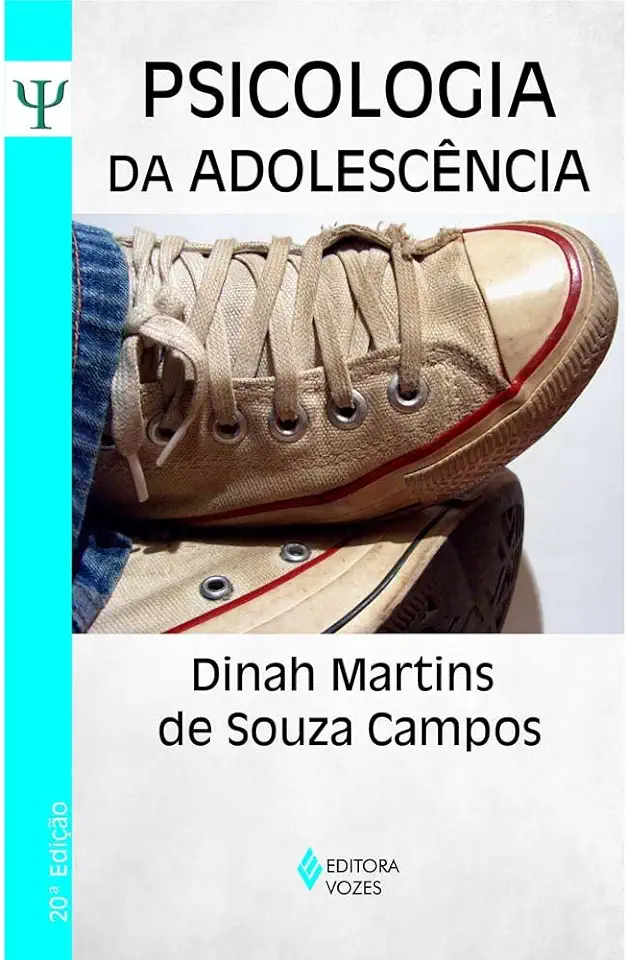
Adolescent Psychology - Dinah Martins de Souza Campos
Adolescent Psychology: A Comprehensive Guide to Understanding and Supporting Adolescents
Introduction
Adolescence is a time of tremendous change and growth, both physically and emotionally. It can be a challenging time for both adolescents and their parents, as they navigate the transition from childhood to adulthood. In her book, Adolescent Psychology, Dinah Martins de Souza Campos provides a comprehensive guide to understanding and supporting adolescents.
Key Concepts in Adolescent Psychology
Campos begins by introducing key concepts in adolescent psychology, such as identity formation, peer relationships, and risk-taking behavior. She explains how these concepts are essential for understanding the unique challenges and opportunities of adolescence.
Identity Formation
One of the most important tasks of adolescence is identity formation. This involves developing a sense of self, including one's values, beliefs, and goals. Campos discusses the different factors that influence identity formation, such as family, peers, and culture. She also provides tips for parents on how to support their children's identity development.
Peer Relationships
Peer relationships are another important aspect of adolescence. Adolescents spend more time with their peers than they do with their parents, and these relationships can have a significant impact on their development. Campos discusses the different types of peer relationships, such as friendships, cliques, and crowds. She also provides tips for parents on how to help their children develop healthy peer relationships.
Risk-Taking Behavior
Adolescents are more likely to engage in risk-taking behavior than adults. This is due to a number of factors, including their developing brains, their need for independence, and their desire to fit in with their peers. Campos discusses the different types of risk-taking behavior, such as substance abuse, unsafe sex, and violence. She also provides tips for parents on how to help their children avoid risk-taking behavior.
Supporting Adolescents
In the final section of the book, Campos provides practical advice for parents on how to support their adolescents. She covers a variety of topics, such as communication, setting limits, and dealing with conflict. She also provides tips for parents on how to help their children cope with the challenges of adolescence.
Conclusion
Adolescent Psychology is a comprehensive and well-written guide to understanding and supporting adolescents. Campos provides a wealth of information on key concepts in adolescent psychology, as well as practical advice for parents. This book is an essential resource for anyone who wants to help adolescents navigate the challenges of this important developmental stage.
Why You Should Buy This Book
If you are a parent, teacher, or other professional who works with adolescents, then Adolescent Psychology is a must-read. This book will give you the knowledge and tools you need to understand and support adolescents during this critical time in their lives.
Here are a few reasons why you should buy this book:
- It is comprehensive and well-written. Campos provides a wealth of information on key concepts in adolescent psychology, as well as practical advice for parents.
- It is based on research. Campos draws on the latest research in adolescent psychology to provide evidence-based advice for parents.
- It is written in a clear and engaging style. Campos writes in a clear and engaging style that makes the book easy to read and understand.
If you are looking for a comprehensive and well-written guide to understanding and supporting adolescents, then Adolescent Psychology is the book for you.
Enjoyed the summary? Discover all the details and take your reading to the next level — [click here to view the book on Amazon!]